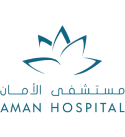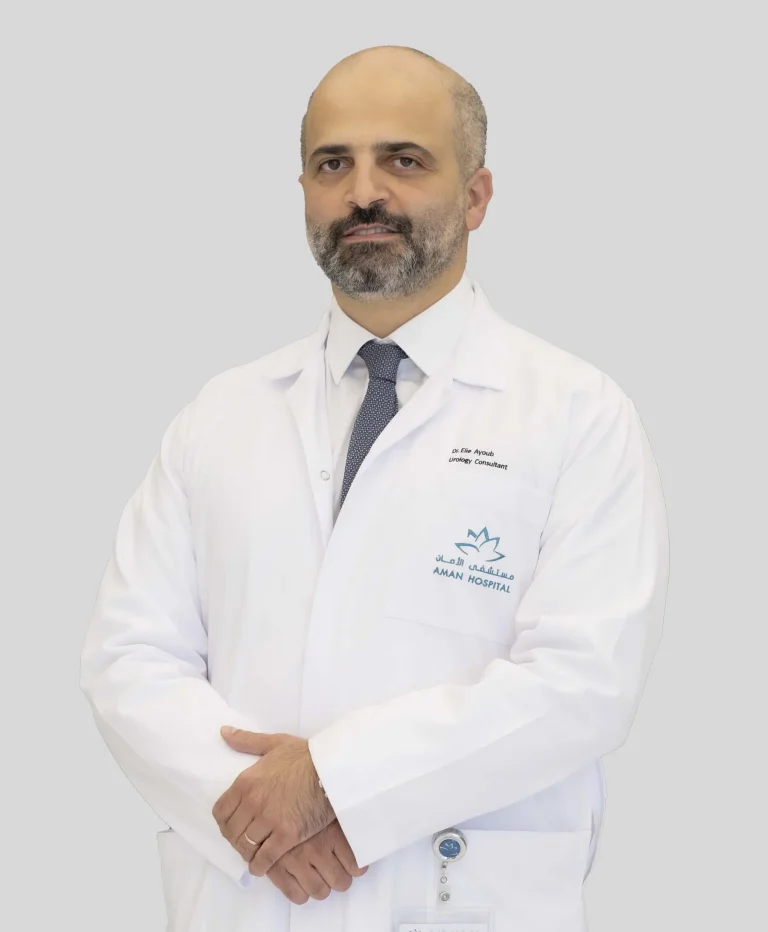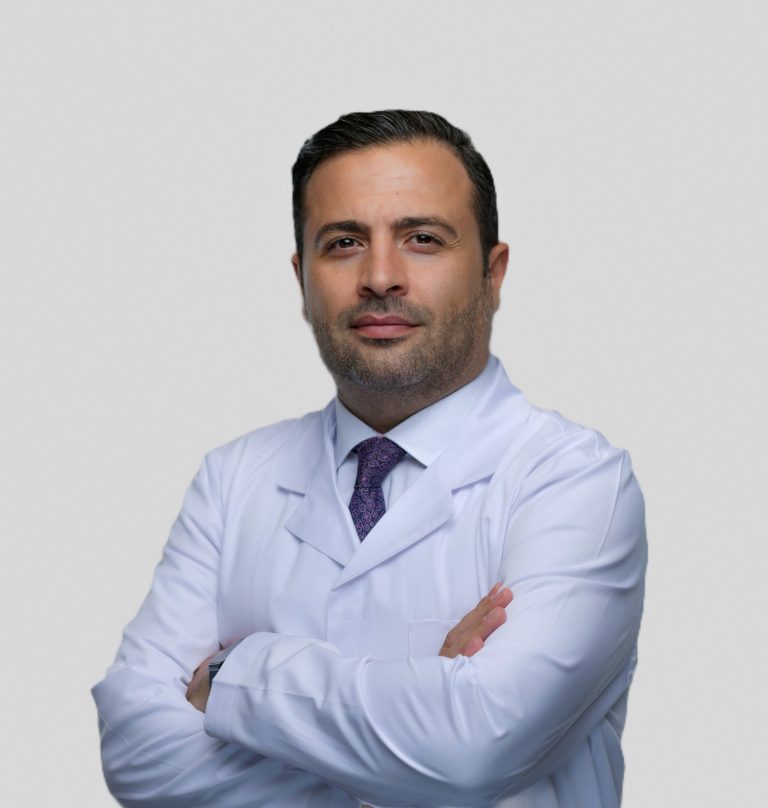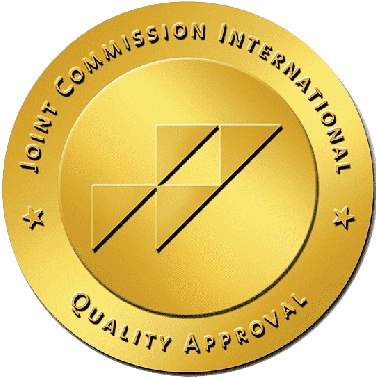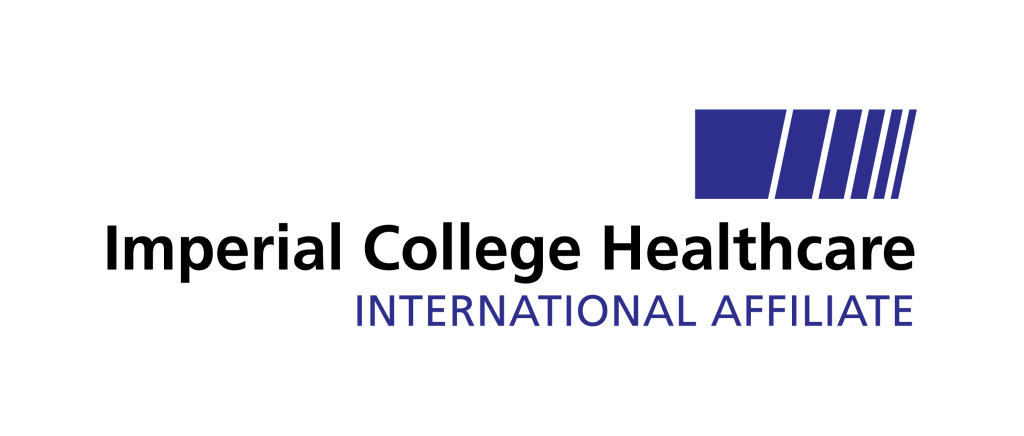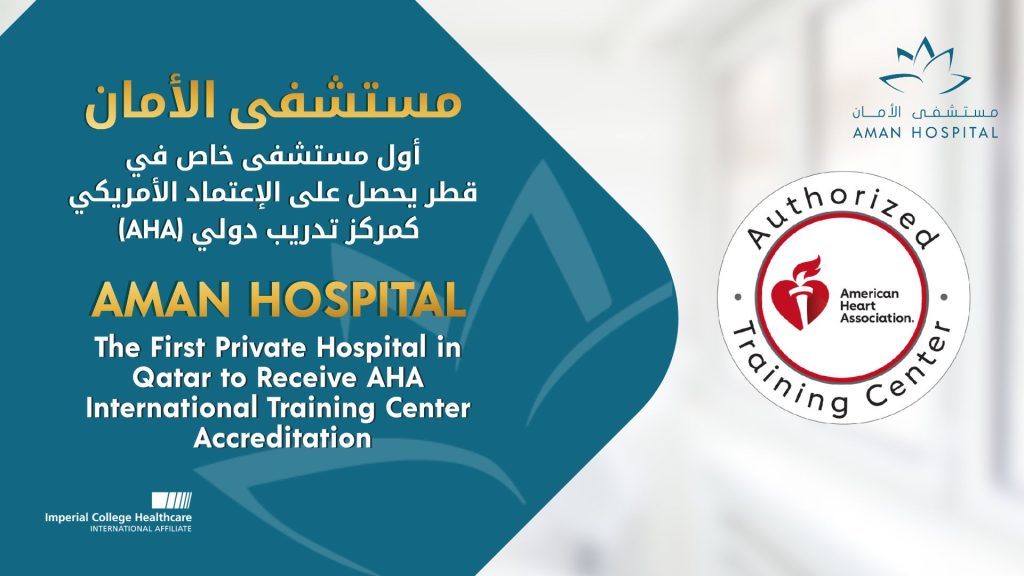Overview
Aman’s Urology service prides itself on highly qualified physicians and the most up-to-date technology used to treat Urologic diseases.
Our doctors provide state-of-the-art medical and surgical care in all urologic subspecialties. They offer a wide range of services starting from medical treatment for conditions such as Urinary Tract Infections to surgical management of Prostatic diseases, urinary stones, and urologic cancers.
Services Provided
Rapid-access urology clinic where patients are given immediate appointments to see a specialist. We perform Outpatient Urologic Procedures using the most advanced equipment such as:
- Piezoelectric lithotripsy machine is highly efficient in treating stones without the need for sedation or anesthesia
- High-definition digital cystoscopes, with superior imaging and improved control, along with slim designs to increase patient comfort
- Aquarius Urodynamic system, one of the most advanced systems designed to investigate urinary tract function with maximum precision and shortest testing times
The Aman Stone Center provides comprehensive kidney stone care including stone elimination and stone prevention.
- Extracorporeal shock wave lithotripsy (ESWL) with the highly effective stone-busting machine:
Lithotripsy treats kidney stones by sending focused ultrasonic energy or shock waves directly to the stone. The shock waves break a large stone into smaller stones that will pass through the urinary system.Our center is equipped with a new generation highly effective stone busting machine, allowing us to perform treatments on an outpatient basis, without the need for anesthesia
- Ureteroscopy stone removal with the latest flexible scopes, laser, and other energy devices:
Ureteroscopy involves the passage of a small telescope, called a ureteroscope, through the urethra and bladder and up the ureter to the point where the stone is located.Ureteroscopy allows the treatment of hard stones resistant to lithotripsy and of stones that cannot be seen on an x-ray. Certain patients who cannot be treated with ESWL or PCNL, such as those who cannot safely stop taking blood thinners, women who are pregnant, and the morbidly obese, can be treated by ureteroscopy.
Our center is equipped with the new generation super pulsed Thulium laser. Besides being faster, this laser dusts stones into very fine particles that are more easily washed out during the procedure, which is a significant benefit for patients
- Percutaneous nephrolithotomy (PCNL): PCNL is a technique performed by making a small 1 cm incision in the patient’s flank area, it is used to remove certain stones that are too large for other forms of stone treatment such as lithotripsy or ureteroscopy
- Stent (JJ): A synthetic, tubular device that may be used along with other procedures. A stent may be inserted through a special scope into the urinary tract to drain the kidney and to allow stones to pass more easily
- Open or laparoscopic Surgery: To treat more complex urinary stones
Our urologists are trained in all major methods of Benign Prostatic Hyperplasia Therapy:
- Bipolar TURP (Trans-Urethral Resection of the Prostate)
- Laser Prostatectomy
- REZUM Therapy
- UroLift
- Prostate artery embolization (by interventional radiologist)
- Conventional BPH management
We value input from our patients to determine which method of therapy is the best fit for their lifestyle.
Radical Prostatectomy is an operation to remove the prostate gland and tissues surrounding it. This usually includes the seminal vesicles and some nearby lymph nodes. Radical prostatectomy can cure prostate cancer in men whose cancer is limited to the prostate.
Open prostatectomy: In this traditional method of radical prostatectomy, the surgeon makes a vertical 8- to 10-inch incision below the belly button. Radical prostatectomy is performed through this incision.
Laparoscopic prostatectomy: In laparoscopic prostatectomy, surgeons make several small incisions across the belly. Surgical tools and a camera are inserted through the incisions, and radical prostatectomy is performed from outside the body. The surgeon views the entire operation on a video screen.
Robot-assisted laparoscopic prostatectomy: small incisions are made in the belly, as in regular laparoscopic prostatectomy. A surgeon controls an advanced robotic system of surgical tools from outside the body. The Robot aids your surgeon in navigating the delicate nerves and blood vessels around the prostate. This revolutionary system also enhances the advantages of laparoscopic surgery, increasing patient comfort, and outcomes:
- Less bleeding (most surgeries are bloodless and transfusion-free)
- Less pain and scarring due to smaller incisions
- Non-thermal nerve-sparing with improved erectile function
- Rapid urinary control with less incontinence
- Quicker recovery and shorter hospital stay
- Equal/improved Cancer cure rate
Our Urologists have mastered the use of minimally invasive, laparoscopic, and robotic surgery for numerous urologic conditions suffered by both men and women.
The advantages of laparoscopic/robotic surgery:
- Increase patient comfort and outcomes
- Less bleeding (most surgeries are bloodless and transfusion-free)
- Less pain and scarring due to smaller incisions
- Quicker recovery
- Shorter hospital stays
Sexual dysfunction can affect men of all ages but is especially common in older men. The most common problems related to sexual dysfunction include ejaculation disorders, erectile dysfunction, and inhibited sexual desire.
Our Urologists have large experience in diagnosing and treating these conditions, and they are fellowship-trained in prosthetic surgery for erectile dysfunction.
For severe erectile dysfunction, when medical treatment fails, a penile implant can offer real hope. A penile implant (or penile prosthesis) is a medical device that is custom-fit and surgically placed into a penis to produce a natural-looking and natural-feeling erection.
Infertility affects one in every six couples who are trying to conceive. In at least half of all cases of infertility, a malefactor is a major or contributing cause.
- Microscopic Varicocelectomy:
The most common identifiable cause of infertility in men is varicocele. This is a condition of enlarged veins in the scrotum that might cause abnormalities in sperm and testosterone production.
The microsurgical technique of varicocelectomy employs an operating microscope providing magnification between 6 and 30 power. This enabled identification and preservation of the main artery and the lymph ducts eliminating potential damage to the testicle as well as eliminating the complication of hydrocele. Using these techniques, the average healthy sperm count after repair of the large varicoceles has been shown to increase - Microscopic testicular biopsy (Micro TESE):
Azoospermic male patients (men with zero sperm count) can be offered infertility treatment by surgical sperm retrieval from their reproductive tract. Sperm retrieval in combination with IVF-ICSI is the only medical procedure for an Azoospermic man to father a child.
Micro TESE is a procedure where the testicle is dissected using an operating microscope. The surgeon identifies and removes areas of the testicle which are more likely to be making sperm
The main advantages of Micro TESE are higher chances of sperm retrieval and a lower rate of bleeding and testicular damage
Urinary Incontinence (including stress incontinence and overactive bladder)
- Vaginal sling surgery
- Revision surgery for mesh complications
- Sacral Neuromodulation
- Intravesical injection of Botox
- Bladder enlargement (Augmentation cystoplasty)
Pelvic Organ Prolapse
- Vaginal repair (non-mesh based)
- Sacro colpopexy (open or robotic assisted)
Vesicovaginal fistula
- Abdominal corrective repair (laparoscopic or robotic)
- Interstitial cystitis
- Diagnostic cystoscopy and hydrodistension (selectively)
- Bladder instillation protocols
Urinary Tract infections (expert opinion for prevention and consultation with same visit diagnostic cystoscopy; treatment visits or established care visits offered by advanced practice providers)
Urinary incontinence and voiding dysfunction are sometimes caused when nerve damage interferes with the complex series of interactions between the brain, nervous system and pelvic organs.
Also called neurogenic bladder, this can result from spinal injuries, neurological disorders and congenital malformations.
Our team has experience with a range of therapies for neurogenic bladder, including medical management, bladder augmentation, Botox therapy and sacral neuromodulation (electrical stimulation of the sacral nerve).
You can rely on the extensive neurology expertise of our physicians to help manage your urinary incontinence and keep your kidneys safe from high-pressure voiding that can result from neurogenic bladder.
We work hand in hand with neurologists, physical medicine and rehabilitation doctors, and other specialists as needed to ensure every aspect of your care is integrated.
The Aman Urology division has a strong program in urologic cancer diagnosis, staging and treatment. Our pathologists can identify cancer cells at a much earlier stage of diagnosis, ensuring the best outcomes. Surgeons and oncologists work together to develop the best course of treatment.
Urologic cancers our team excels in treating include:
- Prostate
- Bladder
- Kidney
- Testes
- Penile
- Adrenal
Diseases & Conditions Treated
- Kidney and ureteral stones
- Urologic cancers
- Hematuria
- Recurrent Urinary tract infections
- Urinary incontinence
- Benign Prostatic Hyperplasia
- Male infertility
- Male sexual dysfunction
- Overactive bladder
Meet The Doctors
Articles
FAQs
- Qatar ID / valid passport
- Insurance card
- Laboratory studies (in case available)
For insurance and price inquiries, please contact our call center at +974 4400 4400 between 8 am to 10 pm.
The Urology Clinic at Aman Hospital is located at the following address: Ground Floor, Outpatient 2, Urology Clinic.
We recommend you allow enough time to park to ensure you arrive on time. Please plan to arrive 30 minutes prior to your appointment time. Our valet parking is here to assist you, take your car and park it safely in our underground parking.
Always feel free to bring someone with you to your appointments. A family member or friend can help ask questions, remember the information your care team gives you, and provide support.
Please call our call center at +974 4400 4400. They are available from Saturday to Thursday from 8 am to 10 pm to help you reschedule or cancel your appointment.
Our Support Services
- Specialized physical therapist who helps you to improve your joint pain and muscles strength, informs you on the proper ergonomic postures to prevent back pain, and customizes a targeted program that fits your health status. For any inquiry, please contact +974 4400 4400.
- Dietary services will guide you and your family regarding healthier food choices in case of dyslipidemia, diabetes, obesity and hyperuricemia. For any inquiry, please contact +974 4400 4400.
- Pharmaceutical services will guide you regarding your medications and/or biologic treatments: administration mode, timing, side effects, management in case of infection and address any question that may arise. For any inquiry, please contact +974 4400 4400.
- Nursing services for patient education who will provide you with all the information about your disease and treatment and answer your questions. For any inquiry, please contact +974 4400 4400.
- Healthcare practitioner who will coordinate all your appointments and make sure to schedule the appointments at your convenience. For any inquiry, please contact +974 4400 4400.
- Financial team who is here to secure your insurance approvals on time and assist you with any financial inquiries. For any inquiry, please contact +974 4400 4400.
